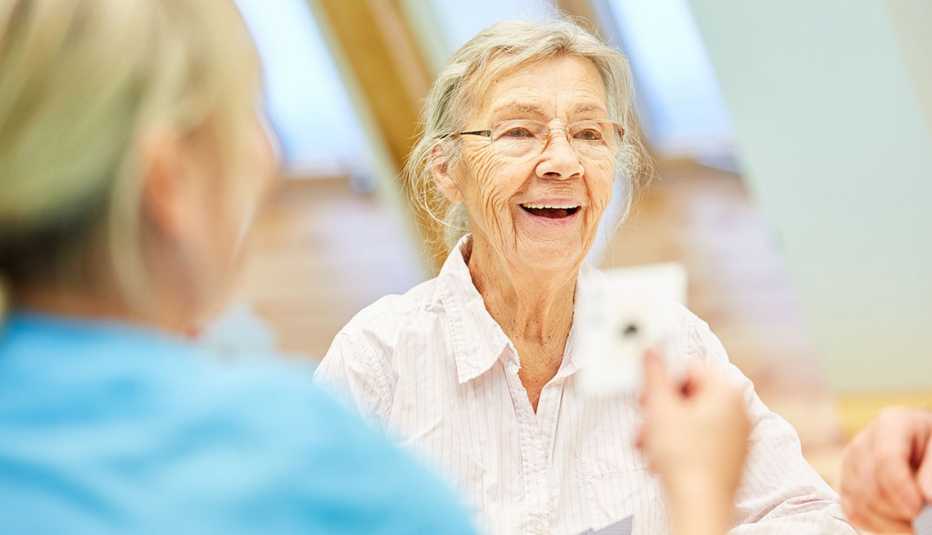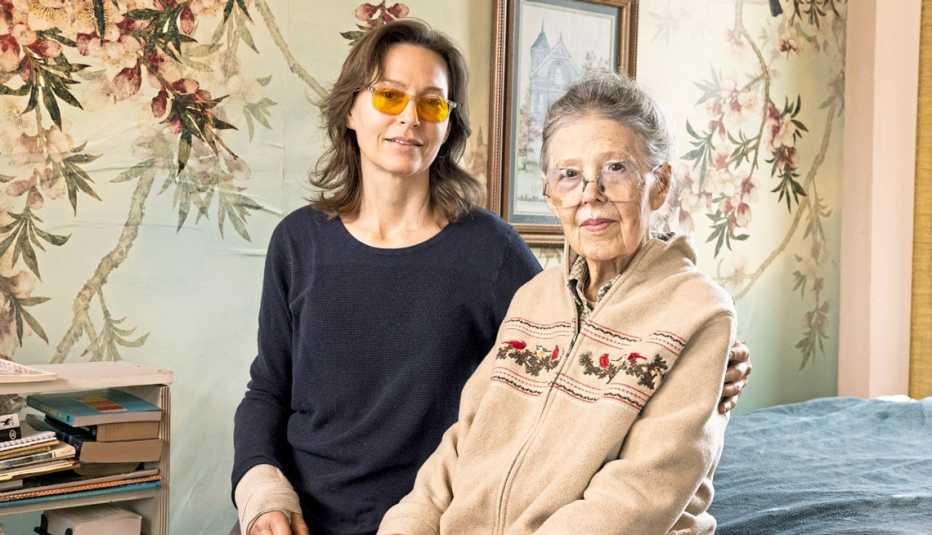Staying Fit


Douglas Scharre, M.D., author of Long-Term Management of Dementia and director of the division of cognitive and memory disorders at the Ohio State University Wexner Medical Center, explains how to manage such often-difficult care.
With Alzheimer’s disease, a loved one can seem lucid one day and unrecognizable the next. Why?


AARP Membership— $12 for your first year when you sign up for Automatic Renewal
Get instant access to members-only products and hundreds of discounts, a free second membership, and a subscription to AARP the Magazine.
Alzheimer’s is a slow process in which toxic proteins build up in specific areas of the brain, starting with the area where you form new memories. So if you have conversation with someone in early stages, they may not remember the lunch they had with you yesterday, but they may be able to talk about a wonderful anniversary dinner from three years ago, because they’re accessing a stored memory in the part of the brain that’s not damaged.
The disease also causes you to lose brain cells, so you have less of a reserve when something throws you off, such as a bad night’s sleep or being under the weather. So they might seem OK, but if they didn’t sleep well, they can have much more trouble because they don’t have the reserves.


































































More From AARP
Medicare, Medicaid and Long-Term Care
What the programs cover, and what they don’t
1 in 3 Nursing Home Residents Still Haven’t Received a COVID-19 Booster, AARP Analysis Finds
While nearly 2 in 3 nursing home workers are without the extra dose, too